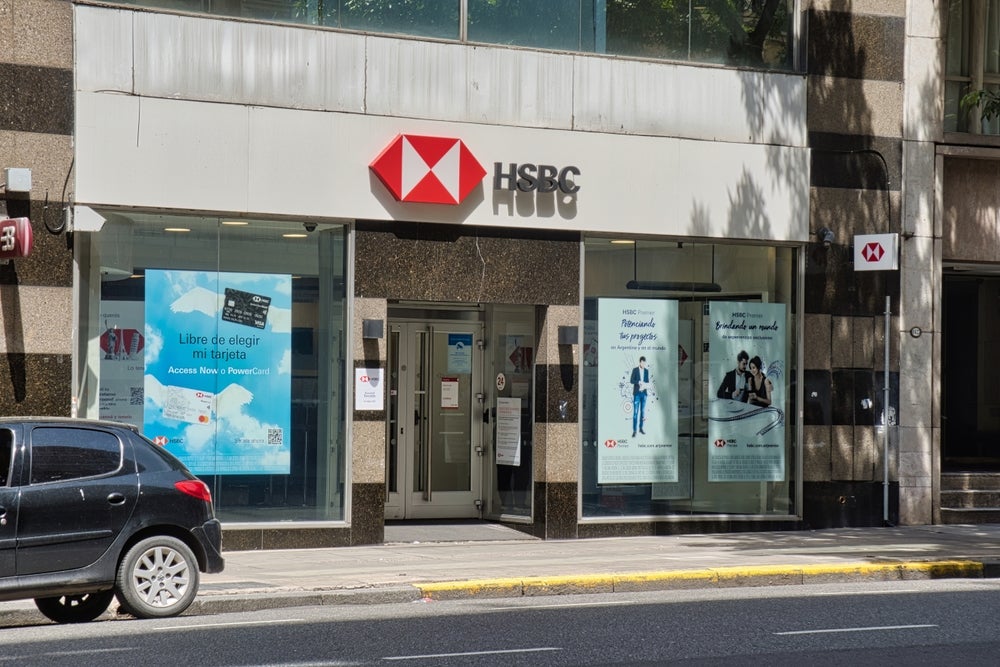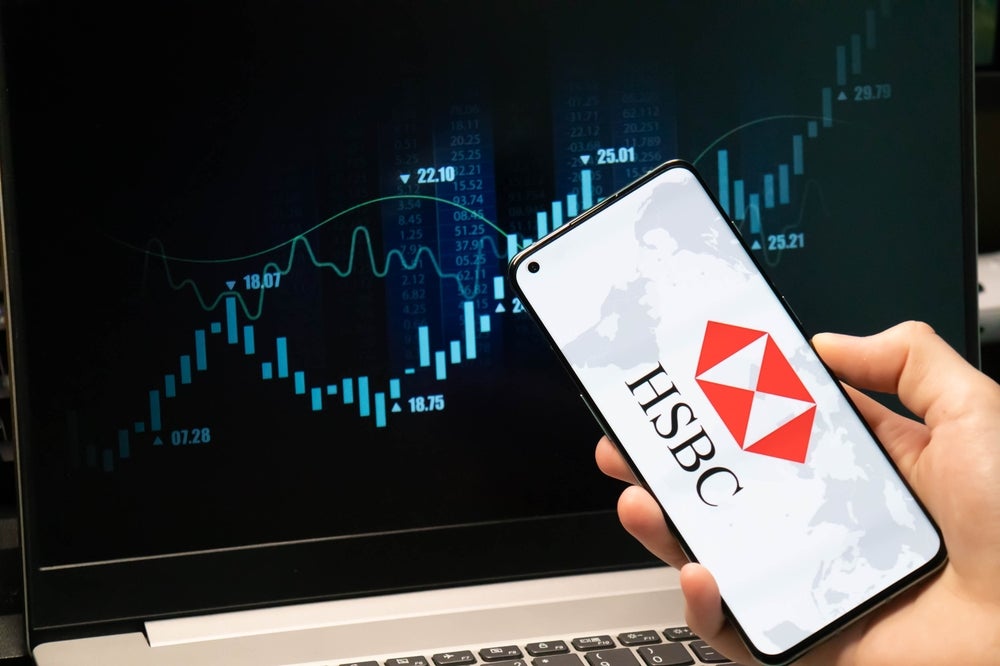HSBC’s Mexican unit has been fined $27.5m for
non-compliance with anti-money laundering (AML) systems and
controls by Mexican authorities, following on from a US Senate
investigation on drugs and terrorist financing.
According to a US Senate committee report
published on 17 July, HSBC Mexican affiliates exposed themselves
and HSBC US to Mexican drug cartels’ money laundering, due to
multiple AML deficiencies while serving high risk clients.
The fine was imposed by the Mexican National
Banking and Securities Commission for infringements related to the
late or failed reporting of about 1,750 unusual transactions as
well as some administrative failures.
HSBC Mexico offered a full range of banking
services, including private banking and wealth management, although
there was no specific connection made in the report between money
laundering in Mexico and the private bank.
London aware of AML
risks
How well do you really know your competitors?
Access the most comprehensive Company Profiles on the market, powered by GlobalData. Save hours of research. Gain competitive edge.

Thank you!
Your download email will arrive shortly
Not ready to buy yet? Download a free sample
We are confident about the unique quality of our Company Profiles. However, we want you to make the most beneficial decision for your business, so we offer a free sample that you can download by submitting the below form
By GlobalDataAccording to the report, HSBC group officials
in London were well aware of the money laundering risks connected
with running banking operations in Mexico, as well as of HSBC
Mexican unit historic record of AML and compliance
deficiencies.
Nevertheless they failed to inform HSBC US of
the situation for seven years – from 2002 to 2009, so that the US
branch continued treating transactions with the Mexican unit as low
risk.
Between 2002 and 2009, HSBC US provided HSBC
Mexico with extensive correspondent services and free access to the
U.S. financial system.
According to the report HSBC Mexico was the
single largest exporter of US dollars to HSBC US, transferring more
than $3bn in 2007 and $4bn in 2008.
Meanwhile the Mexican unit: “Opened accounts
for high risk clients, including Mexican casas de cambios and U.S.
money service businesses, such as Casa de Cambio Puebla and Sigue
Corporation, which later legal proceedings showed had laundered
funds from illegal drug sales in the United States,” the report
said.
Apologies and incoming
fines
In a statement HSBC Mexico apologised for its
failure to strictly comply with banking regulations, and
acknowledged that in the past it had sometimes failed to meet the
standards that regulators and customers expect.
Apart from facilitating Mexican drug cartels’
money laundering, HSBC group is accused of providing bearer share
accounts, to have provided US dollar services to banks linked to
terrorist financing and to have bypassed US international sanctions
on Cuba and Iran.
Reports suggest US regulators could fine HSBC
up to $1bn for the lax anti-money laundering controls.
HSBC client held $205m in cash at home
Among HSBC Mexico high risk profile clients,
the Senate commission reported the case of Zhenly Ye Gon.
Ye Gon was a longstanding HSBC Mexico client.
Between 2003 to 2006 his companies moved $90m through 450
transactions involving four major Mexican banks – HSBC, Banamex,
BBV Bancomer, and Banco Mercantil Del Norte – and multiple currency
exchanges, including HSBC clients Casa De Cambio Puebla and
Consultoria Internacional Casa De Cambio.
Ye Gon, a Chinese-Mexican prominent
businessman, involved in the pharmaceutical field, was subsequently
arrested in the US in 2007 after the U.S. Drug Enforcement
Administration and the Mexican Government seized about $220m in
cash hidden in a secret locked room in his residence.
Ye Gon was accused of using his pharmaceutical
business to import, manufacture, and sell chemicals to drug cartels
for use in manufacturing methamphetamine sold in the US, as well as
displaying “significant unexplained wealth,” despite reporting no
gross income for his companies.
http://www.vrl-financial-news.com/wealth-management/private-banker-intl/issues/pbi-2012/pbi-286/monaco-sale-continues-hsbc-wea.aspx







